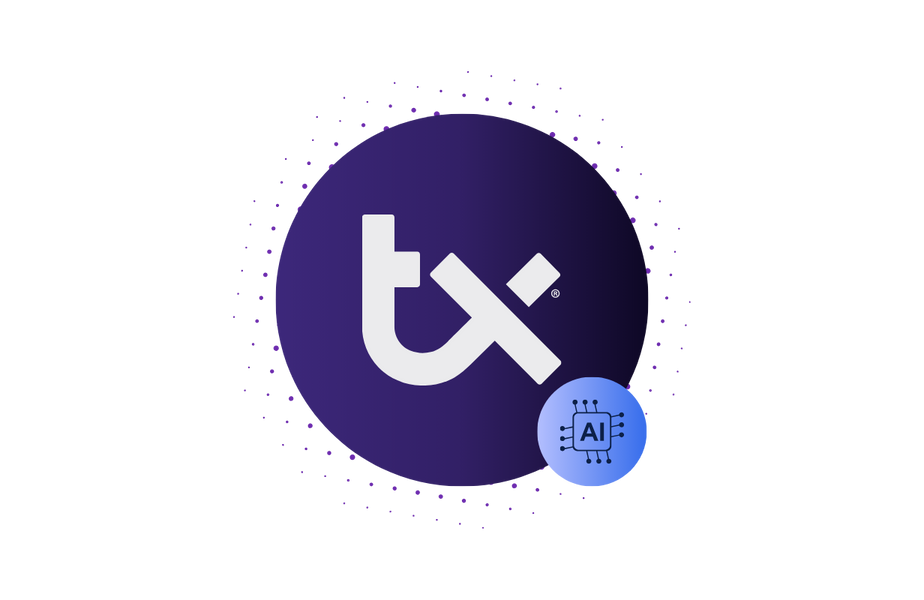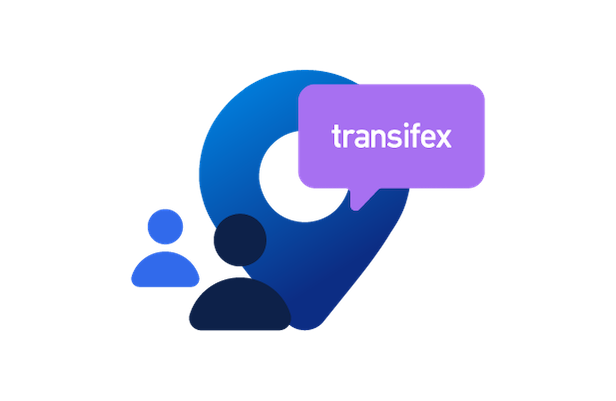

3 Common Myths of Startup Localization
It’s no secret that for a startup to be successful, it must scale. The trick is knowing not only how to scale, but also where to scale. For most startups, geography does not come into play until later on in the game. Sure, starting local is important, but equally important is making sure you don’t leave any money (and engagement) on the table by localizing too late. When, in fact, a startup’s products and pages could be garnering exponential traffic and conversions from foreign audiences if only it were localized. Here’s where startup localization comes in.
If you’re a startup and hesitant about whether or not to invest in localization, you are not alone. Here are four of the most common myths of startup localization preventing startups from taking a global mindset from the get-go …. and the counterarguments that will help you understand the availability and power of efficient and cost-effective localization for your startup.
“It’s Too Early”
Many argue that it is too early to take a business global and fear the ramifications of needing to provide constant upkeep to new global properties. However, look at it another way — that product or software that you’re building is already garnering traffic in your local market. Imagine the kind of traffic that it would bring if you expanded it to global markets with similar needs, and especially those markets that are slowly starting to creep up on the tail end of your international website traffic stats. Those numbers aren’t just there by chance, they are there to show you that you have global traction — and it is up to you whether or not to take advantage of it.
Another benefit for startups to get in early on the localization action is laying the foundation for global scale later on. When you start early, you are building out the infrastructure to support global traffic and global demand, eliminating the need to go back and rebuild.
“It’s Too Expensive”
Alas, the startup budget must of course always comes into play when evaluating which investments to make. And while many believe that localization is a big investment of money and time, the truth is it doesn’t have to be. The beauty of technology and its evolution is that it has made its way into the localization realm. Now, it is easier than ever before, to quickly set up a seamless localization workflow and automated translation efforts for all of your digital properties.
Today’s options for localization and translation management technology range from the manual (such as translation vendors) all the way up to automated workflows and platforms that can automatically detect and translate your content. What’s more, you can utilize the increasingly popular crowdsourced translation method, to not only leverage but also engage and build your community of avid users.
“It’s Not Worth It”
Ultimately the question of whether or not an action or investment is worth it is up to you and your team. Before you make the decision, simply have a look at the performance numbers and early ROI from other fast-moving, innovative technology companies who have invested in localization.
- In just 3 months after localizing, Trello saw a 35% increase in leads generated
- After implementing continuous localization, Eventbrite launched in 17 new languages to support 16 new markets
- In 6 months, Insightly saw a 500% ROI after publishing in 5 new languages
- After localizing in Brazil, Onshape 500% increase in user engagement
- Localizing into 9 new languages, Prezi reached 40 million global users
—
To learn more about how agile startups and businesses leverage localization to go global, download our Localization for Agile Teams guide today. Ready to try out localization for your startup? Sign up for free 15-day trial of Transifex to give localization a try.







